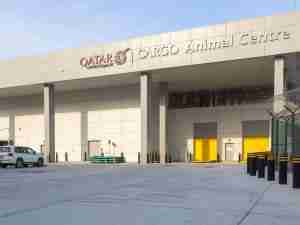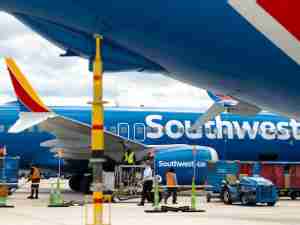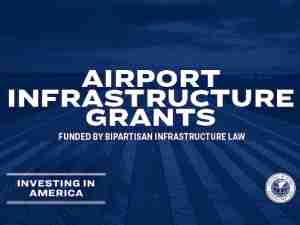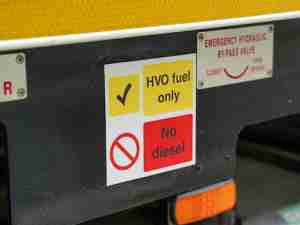WTO to Probe Canadian Jet Subsidies in New Bombardier Blow
By: Bryce Baschuk and Frederic Tomesco | Sep 29 2017 at 11:54 AM | Air Cargo
The World Trade Organization approved Brazil’s request to investigate Canada’s alleged use of more than $3 billion in government subsidies to produce Bombardier Inc. aircraft.
The South American nation began WTO consultations in February, saying Canada ran afoul of trade rules because its policies unfairly bolstered the domestic aerospace industry to the detriment of Brazilian planemaker Embraer SA. Canada offered billions of dollars in loans, equity infusions, grants, and tax credits to Bombardier, Brazil said.
The probe by the Geneva-based trade body adds to pressure on Montreal-based Bombardier just days after the U.S. Commerce Department slapped import duties of about 220 percent on the company’s C Series jets. That followed an investigation that began after a complaint by Boeing Co.
“We are confident that the investments and contribution programs mentioned in Brazil’s petition are in full compliance with all WTO and international trade rules,” Bombardier spokesman Simon Letendre said by email.
A spokesman for the Canadian international trade ministry said the government will defend Bombardier and the Canadian aerospace industry. “All aircraft-producing countries provide some form of support to their aircraft industry,” the spokesman, Joseph Pickerill, said by email. “Canada will be examining closely Brazilian government support.”
At the WTO, Brazil said Canada’s various aircraft subsidies violate WTO rules because they are contingent on export performance and require the use of domestic over imported goods.
‘Fair Trade’
Subsidies have allowed Bombardier to sell its aircraft at “artificially low prices,” Embraer Chief Executive Officer Paulo Cesar Silva said in a statement. “In order to ensure that competition in the commercial aviation market continues to be between companies, and not governments, it is essential to restore a level playing field, respecting fair trade conditions.”
The WTO will now appoint three dispute-settlement panelists to determine whether Canada’s various financing programs for Bombardier violated international trade rules. Though such investigations typically take less than a year, a ruling in the case may be extended to 2019 because of delays and staffing shortages at the WTO.
“This is par for the course for the aerospace industry,” Cam Doerksen, an analyst at National Bank Financial in Montreal, said in an interview. “Canada and Brazil have had previous aircraft fights at the WTO. This dispute is not something that’s measured in months. It will take years.”











